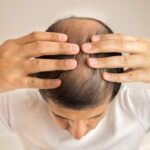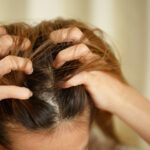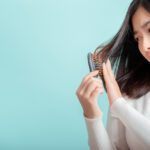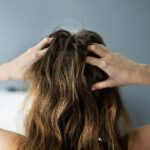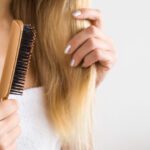How can photobiomodulation stop hair loss in women?
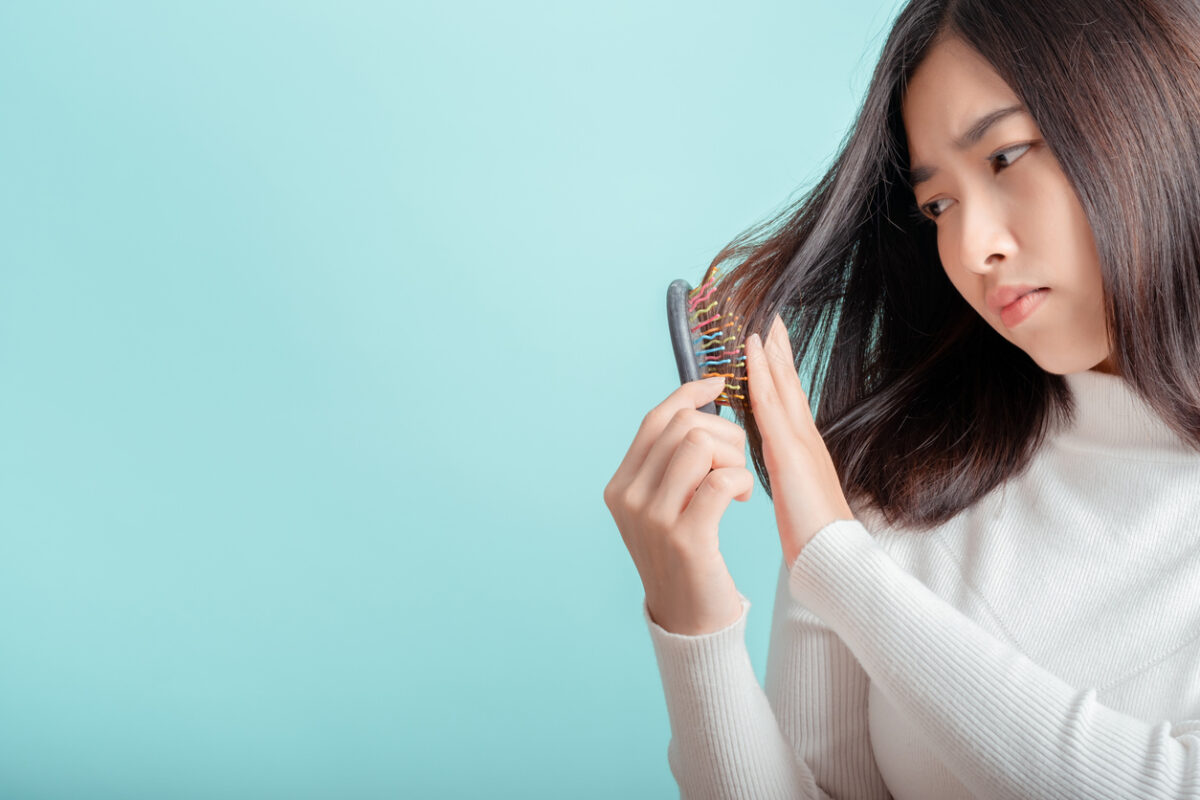
Hair loss is a common problem among women. To manage this problem, it is possible to carry out photobiomodulation sessions. This technique uses light at specific wavelengths to stimulate cells and promote hair regrowth. In this article, you'll discover how photobiomodulation can help improve the condition of women's hair, and how an anti-hair loss program, combined with vitamins, can deliver visible results.
Understanding hair loss in women
Female hair loss, also known as alopecia, can be caused by a variety of factors. The most common reasons are hormonal imbalances, stress, nutritional deficiencies and underlying medical conditions.
Hair loss can manifest itself as a general thinning of the hair or as more localized areas of baldness. The scalp, in particular, can be affected, making hair loss management a priority for many women.
The different types of hair loss
Hair loss can be classified into different types:
- Androgenetic alopecia: hereditary hair loss, often due to hormonal imbalances.
- Telogen effluvium: temporary hair loss caused by stress, illness or emotional shock.
- Alopecia areata: an autoimmune disease in which the immune system attacks the hair follicles.
For every type of alopecia, photobiomodulation can provide a solution for managing symptoms and hair well-being.
Photobiomodulation: an innovative solution
Photobiomodulation is a non-invasive technique that uses LEDs and lasers to target affected scalp tissue. This treatment stimulates cells and can promote hair regrowth. It is particularly effective when integrated into a comprehensive hair care program.
How does photobiomodulation work?
Photobiomodulation is a technique for improving :
- Cell stimulation: light at specific wavelengths penetrates the skin and reaches the hair follicles, stimulating the production of new cells and promoting hair growth.
- Improved blood circulation: increased blood flow to the scalp can improve the supply of essential nutrients to hair follicles, contributing to hair health.
- Reducing inflammation: Photobiomodulation can help reduce inflammation of the scalp, a factor often associated with hair loss.
The benefits of photobiomodulation for managing hair loss
Regular sessions of photobiomodulation can bring good results, and unlike other more aggressive methods, this gentle approach improves capillary well-being without major side effects. Each session generally lasts between 15 and 30 minutes.
Although results vary from person to person, many people notice a marked improvement in hair density and thickness after several sessions.
The importance of vitamins in managing hair loss
As a complement to photobiomodulation, a vitamin-rich diet can help support hair health. Certain vitamins and minerals are particularly beneficial for the scalp and hair follicles:
- Vitamin A: promotes sebum production, essential for a healthy scalp.
- Vitamin B7 (biotin): known for strengthening hair and promoting growth.
- Vitamin C: helps collagen production, necessary for strong hair.
- Vitamin E: improves blood circulation to the scalp.
- Iron and zinc: essential for hair growth and prevention of hair loss.
By incorporating these vitamins into your diet or in the form of supplements, you can improve the quality and density of your hair.
An anti-hair loss program: photobiomodulation and vitamins
For rapid results, we recommend combining photobiomodulation with a complete skin care program, including vitamins and regular sessions.
Here is an example program:
- Initial consultation: assessment of hair and scalp condition with a professional.
- Photobiomodulation sessions: plan regular sessions (2 to 3 times a week) to stimulate hair regrowth.
- Vitamin supplementation: integration of dietary supplements rich in biotin, vitamin E, vitamin C, iron and zinc.
- Regular monitoring: evaluation of progress and adjustment of the program according to the results observed.
The combination of these treatments can bring visible results and improve the capillary well-being of women faced with hair loss.
Conclusion
Hair loss in women is a problem that can be caused by a number of factors, and requires a holistic approach to be managed effectively. Photobiomodulation offers an innovative, non-invasive solution to stimulate hair regrowth and improve hair well-being. By integrating this treatment into a comprehensive program including vitamins and regular sessions, it is possible to see good results. It is important to consult a professional to tailor this program to your specific needs.

